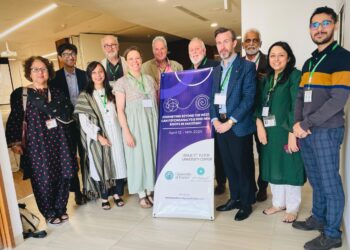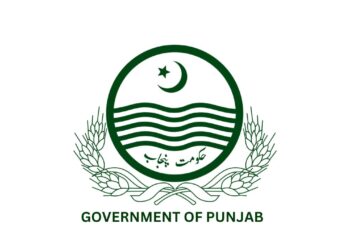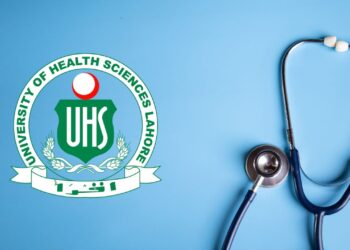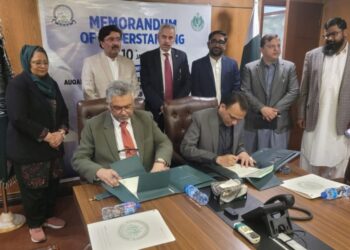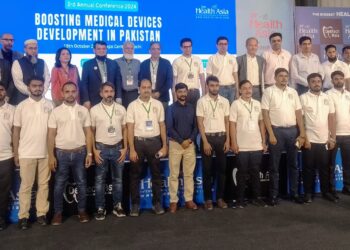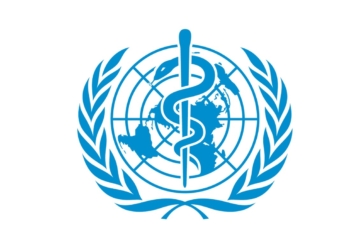Lahore, known for its rich culture and vibrant history, has unfortunately become synonymous with severe air pollution, particularly during the winter months when smog blankets the city. The health implications are vast, ranging from respiratory issues to cardiovascular diseases. However, there are several practical steps that residents can take to curb air pollution and protect their health.
Understanding the Sources of Air Pollution
Before diving into actionable measures, it’s crucial to understand the primary sources of air pollution in Lahore. These include vehicular emissions, industrial discharges, construction dust, and the burning of crop residues. Seasonal weather conditions exacerbate these factors, leading to dense smog.
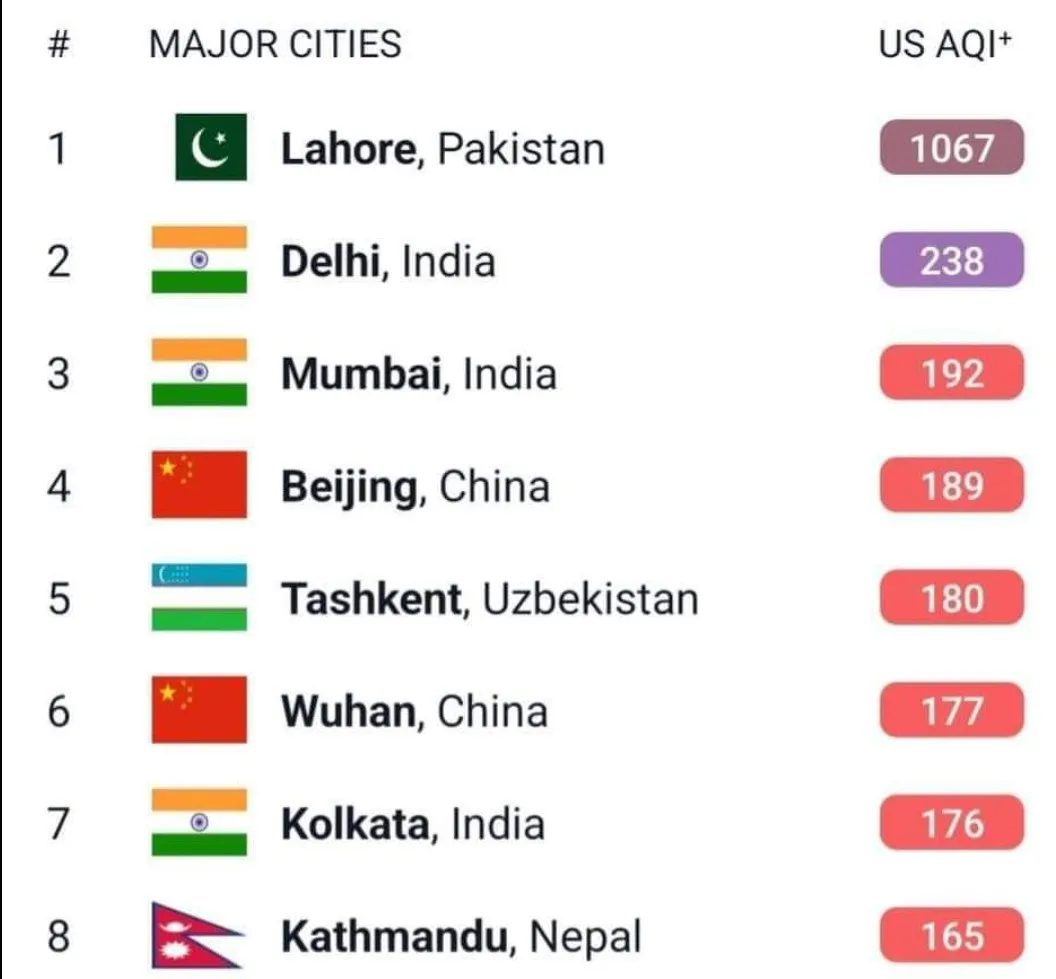
Reducing Vehicle Emissions
- Carpooling and Public Transport: One of the most effective ways to reduce vehicular emissions is to limit the number of cars on the road. Carpooling with neighbors or colleagues can significantly cut down on the number of vehicles emitting pollutants. Additionally, using public transportation options like buses or the Orange Line Metro can further decrease individual carbon footprints.
- Regular Vehicle Maintenance: Keeping your vehicle in good condition ensures it runs efficiently and emits fewer pollutants. Regular engine checks, timely oil changes, and ensuring that the exhaust system is functioning correctly can all contribute to lower emissions.
- Switching to Eco-Friendly Vehicles: If feasible, consider switching to electric or hybrid vehicles, which produce far fewer emissions than traditional petrol or diesel cars.
Mitigating Indoor Air Pollution
- Indoor Plants: Incorporate indoor plants such as spider plants, aloe vera, and snake plants, which can absorb toxins and improve indoor air quality.
- Air Purifiers: Investing in a good air purifier can help reduce indoor pollutants. Look for purifiers with HEPA filters, which are effective in trapping fine particulate matter.
- Ventilation: Ensure your home is well-ventilated. However, during periods of heavy smog, it’s advisable to keep windows closed to prevent outdoor air from contaminating indoor spaces.
Adopting Cleaner Energy Solutions
- Solar Energy: Utilize solar panels for household energy needs. This reduces reliance on fossil fuels, which are a significant source of air pollution.
- Energy-Efficient Appliances: Opt for energy-efficient appliances that consume less power and emit fewer pollutants. Look for appliances with high Energy Star ratings.
- Waste Management: Proper disposal and recycling of waste can prevent the burning of garbage, which releases harmful pollutants into the air. Composting organic waste is also a sustainable way to manage waste without contributing to air pollution.
Community Actions
- Tree Planting: Participate in or organize community tree-planting drives. Trees act as natural air filters, absorbing carbon dioxide and releasing oxygen. They also help in reducing dust and particulate matter from the air.
- Awareness Campaigns: Join or support awareness campaigns that educate the public about the sources of air pollution and practical steps to mitigate it. Knowledge is power, and an informed community can take collective action more effectively.
- Advocacy: Engage with local government representatives to advocate for stricter enforcement of air quality regulations and policies that promote cleaner air. Public pressure can be a powerful tool in bringing about necessary legislative changes.
Personal Health Precautions
- Masks: Wear N95 masks or other high-quality respiratory masks during periods of heavy smog to protect your lungs from particulate matter and other pollutants.
- Hydration and Diet: Staying well-hydrated helps your body combat the effects of pollution. Consuming a diet rich in antioxidants (fruits and vegetables) can also help protect your body from the harmful effects of pollutants.
- Avoid Outdoor Activities: Limit outdoor activities, especially vigorous exercises, during peak smog periods. If you need to exercise, consider indoor alternatives or low-intensity activities.
- Regular Health Check-ups: Regular health check-ups can help in early detection and management of pollution-related health issues. Consulting healthcare professionals for personalized advice is always a good practice.
Stay updated with the latest News and Information by joining the INCPak WhatsApp Channel. You can also follow INCPak on Facebook, Twitter, Thread and Instagram for real-time updates.

